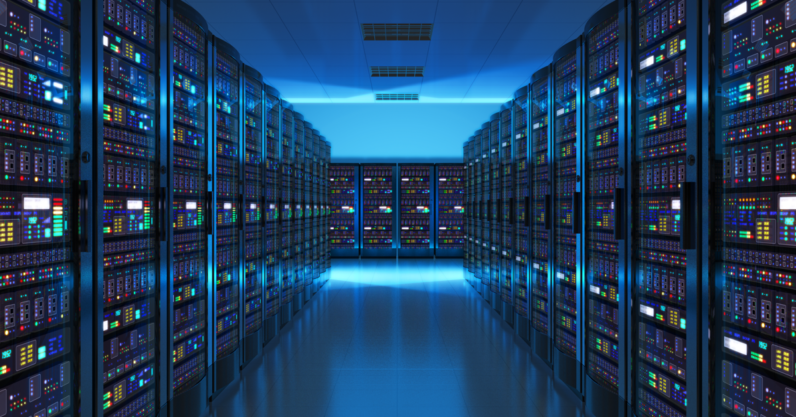
If building and operating enterprise data centers was always the best course of action, all the companies that had the cash flow to do so would do it. There are several reasons Fortune 5 companies continue to engage colocation providers rather than exclusively running their own data centers. These are seven reasons we hear repeatedly from large corporations that utilize colocation as part of their IT strategy.
1. Space Limitations
When a company is experiencing rapid growth, they can’t let IT infrastructure slow them down. Building a data center takes time and cash flow. Colocation provides a quick and flexible solution to growing pains. Once a company builds a data center, it’s much more difficult to scale back. Some companies require space just for testing new software or testing and deploying new equipment – enough to require more data center space, but not so long-term as to warrant building a new data center.
2. Labor Costs
The cost of labor is by far the highest recurring expense for a company operating its own data center. That’s why companies take advantage of managed colocation services that provide basic services such as equipment replacement and installation, power cycling, hard drive swapping, loading backup tapes and other services so that companies don’t have to send their own technicians to the data center.
3. Unplanned Outages
Many enterprise data centers are located in old, retrofitted buildings with older equipment, and they suffer regular outages as a result. While it is true that human error accounts for a large percentage of data center downtime, it isn’t the most prevalent cause. According to the Ponemon Institute’s 2016 Cost of Data Center Outages report, UPS system failure is the most prevalent cause, accounting for 25% of outages. Water, heat or CRAC failure accounts for 11% of outages.
4. High PUE (Power Usage Effectiveness)
Because enterprise data centers are often located in old, retrofitted buildings that were never meant to be data centers, they also have a higher PUE. PUE is the ratio of total power used to run a data center (power, cooling, lighting) over the power that is used by IT equipment. The closer this number is to one, the more efficient the data center. Colocation facilities that are run out of purpose-built data centers have a lower PUE and are more cost-effective when it comes to power than retrofitted buildings.
5. Network Options
Most colocation facilities are designed to offer access to multiple network providers with high availability SLAs. This competition within a colocation provider’s ecosystems keeps prices lower and provides a high level of redundancy. Colocation providers also offer interconnectivity between data centers and dedicated connections to cloud service providers, allowing greater flexibility to meet enterprise business needs.
6. Competitive Advantage
Some companies choose to focus their resources on running and growing their business rather than operating data centers. Building and running data centers requires expertise from a variety of professionals including network engineers, electricians and technicians. They also require best-in-class equipment and 24×7 support to be effective and competitive. Companies utilize colocation facilities for the same reason companies outsource printing to printers or construction to construction companies and electric work to electricians – they don’t have to hire full-time experts and buy equipment that doesn’t serve the company’s main purpose/ unique selling propositions.
7. Location, Location, Location
IT’s not affordable for a company to own and operate an exclusive data center in areas with high property taxes and high labor costs, such as metropolitan areas. Unfortunately, these are often the same locations where companies require data center footprints to operate effectively. Using a colocation facility in these areas is more cost-effective as companies can take advantage of their economies of scale.
